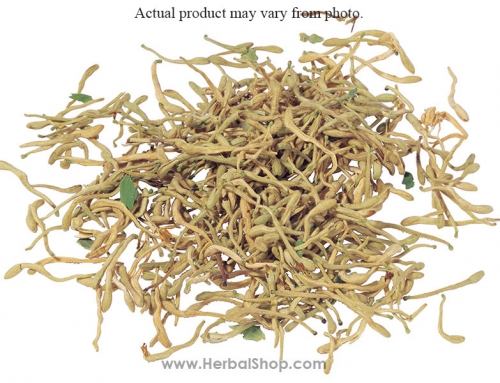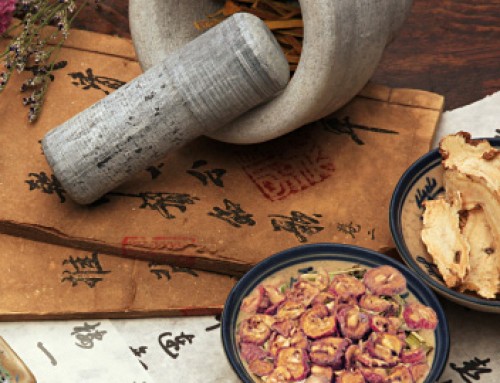薏苡仁
Coix seed (Yiyiren)
Pharmaceutical Name: Semen Coicis
Botanical Name: Coix lachryma-jobi L. var. ma-yuen (Roman.) Stapf
Common Name: Coix seed, Job’s tears seed
Source of Earliest Record: Shennong Bencao Jing
Part Used: The seeds are obtained by removing the hard husk of the fruit, which is gathered in autumn.
Natural Properties & Taste: Sweet or no taste and slightly cold
Meridians: Spleen, stomach and lung
Therapeutic Effects:
1. To transform dampness and promote water metabolism.
2. To strengthen the spleen.
3. To clear heat and eliminate pus.
Indications:
1. Deficiency of spleen manifested as edema, dysuria and diarrhea. Coix seed (Yiyiren) is used with Alismatis rhizome (Zexie) and White atractylodes (Baizhu).
2. Beginning stage of damp-heat febrile diseases wh?? the pathogenic factor is at the qi level. Coix seed (Yiyiren) is used with Talc (Huashi), Bamboo leaf (Zhuye) and Rice paper pith (Tongcao) in the formula Sanren Tang.
3. Accumulation of damp-heat or stagnation of qi and blood manifested as lung abscess and intestinal abscess. Coix seed (Yiyiren), Reed stem (Weijing), Benincasa seed (Dongguaren) and Peach seed (Taoren) in the formula Qianjin Weijing Tang is used for lung abscess with cough, sputum and pus. Coix seed (Yiyiren) and Patrinia herb (Baijiangcao) in the formula Yiyi Fuzi Baijiang San is used for intestinal abscess.
Dosage: 10-30 g
Caution & Contraindications: To tonify and strengthen the spleen, this herb is dry-fried.






